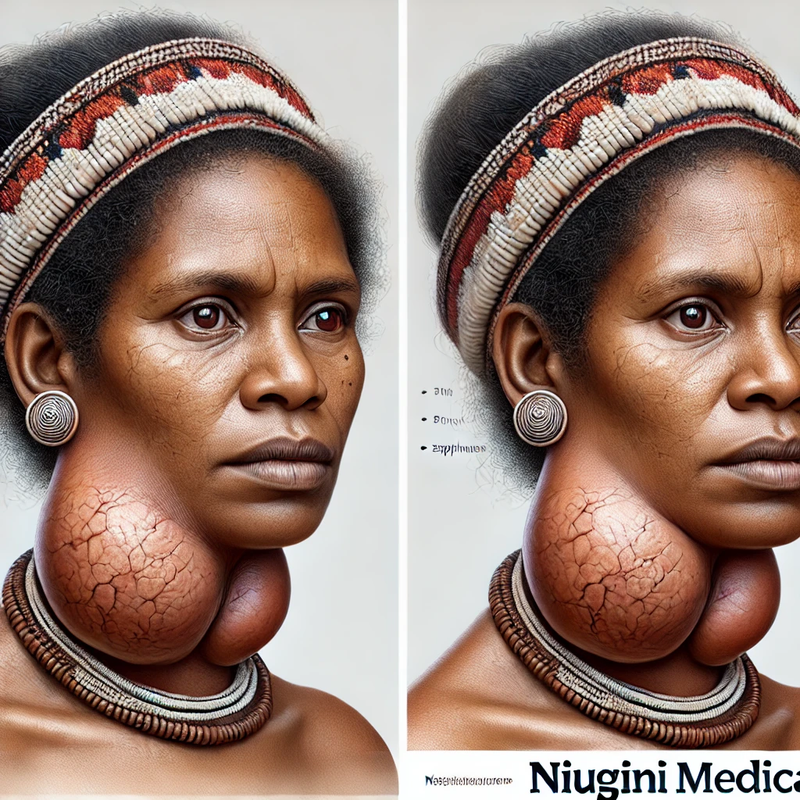Thyroid test, Thyroid Hormone Testing Port Moresby

Question 1. What is Thyroid Function Testing (TFT)
TFT is used to measure activity of thyroid gland by measuring thyroid stimulating hormone (TSH) and thyroxine (t4). TSH is produced in the base of brain in the anterior pituitary gland. It stimulates thyroid gland in the front of neck to produce active iodine containing thyroid hormones called T4 (thyroxine, tetra-iodothyronine) and T3 (tri-iodothyronine). Most of the thyroid hormones circulate in blood bound to protein and only less than 1% is un-bound. Hence, these Free T4 or free T3 best reflect activity of thyroid hormones and is measured using specific antibodies.
The TSH and thyroid hormones have inverse relationship. When thyroid hormones increase TSH secretion is decreased or vice versa. By measuring TSH and Free T4 or Ft3 we are able to diagnose thyroid disease. Patients with hyperactive thyroid glands (hyperthyroid, thyrotoxicosis) has low TSH level and high Free T4 and T3. In contrast, patients with under active thyroid gland (hypothyroid, cretinism) have high TSH and low Free T4 and T3 levels.
TSH and Ft4 are often measured in combination to detect thyroid disease and monitor treatment of patients diagnosed and treated already. TSH is also used in neonatal screening to diagnose and treat thyroid disease early during neonatal period to prevent permanent brain damage or mental retardation.
Question 2. When can I request TFT test?
Thyroid hormones play central role in body energy production and much physiological activity in our body. Hence, if your thyroid hormone level is affected you can have combinations of complaints. If you have any of these symptoms or complaints, you should have your TSH levels checked to exclude thyroid disease:
- Neck swelling or goiter
- Chronic diarrhoea or constipation
- Heat Intolerance e.g. always hot, sweaty or cold
- Generalized muscle weakness
- Lethargy or fatigue all the time
- Palpitation or racing heart
- Hypertension or high blood pressure
- Psychosis or mental disorder
- Irregular Heart beat or atrial fibrillation
- Family history of goitre or thyroid disease
- Diabetes mellitus
- Unexplained recent weight loss or weight gain
- Prominent eye or exophthalmoses
- Panic or anxiety attack or dizzy spells
- Infertility
- Menstrual disorders
- Recurrent miscarriage
- Abnormal breast nipple discharge
- Monitor thyroid treatment.
In children thyroid hormones play important role in growth, particularly nervous system. The following are common reasons for thyroid check in Children/infant (Newborn Screen):
- All Newborns at birth
- Poor Growth
- Poor Feeding
- Newborn Jaundice
- Lethargy/Unwell newborn
- Mental retardation
Question 3. How are TSH and FT4 Measured?
TSH or Ft4 is measured on a small sample of blood. Specific antibody is used to trap TSH /FT4 from serum and level is quantified and reported. For most patients only one tube of blood is needed for all the tests. For neonates heel prick blood can be used. Fasting is not needed, and no special preparation is required prior to sample collection.
Question 4. How long should I wait For the Test result?
The testing usually takes up to 24hrs depending on laboratory workload and test protocol. You return to your doctor on the next appointment for discussion of results. Patient or doctor will be contacted for urgent results. All reports are kept confidential and only accessed by patient or his/her doctor.
Question 5. What does the test report mean?
The TSH and FT4 result are reported quantitatively. Low TSH level and high FT4 result is associated with hyperthyroid and high TSH and low FT4 is indicative of hypothyroid. In neonates, TSH is usually measured first and is only reported as positive or negative. Positive neonatal tests means child probably has low thyroid hormones and will require further quantitative TSH and FT4 measurements. False positives occur in small number of neonates. You should see your doctor or clinical Pathologist for further explanation on test result.
Question 6. What is the Treatment?
Cheaper and effective treatment is available for thyroid diseases. Depending on the type of thyroid disease combination of medical, surgical or radiation treatments are administered. See your doctor for advice.
Question 7. I am on treatment. Do I need TFT done?
Yes. This is very important. You need to have your thyroid hormone status checked on a regular basis while you are on treatment or after surgery. If you are being treated without checking your thyroid status, you should go back to your doctor requesting repeat testing. It is not possible to tell by clinical assessment alone if you are responding well to treatment. The chance of developing complications such as bone disease or heart failure is much higher if your treatment is not monitored, and treatment adjusted properly by blood testing.


